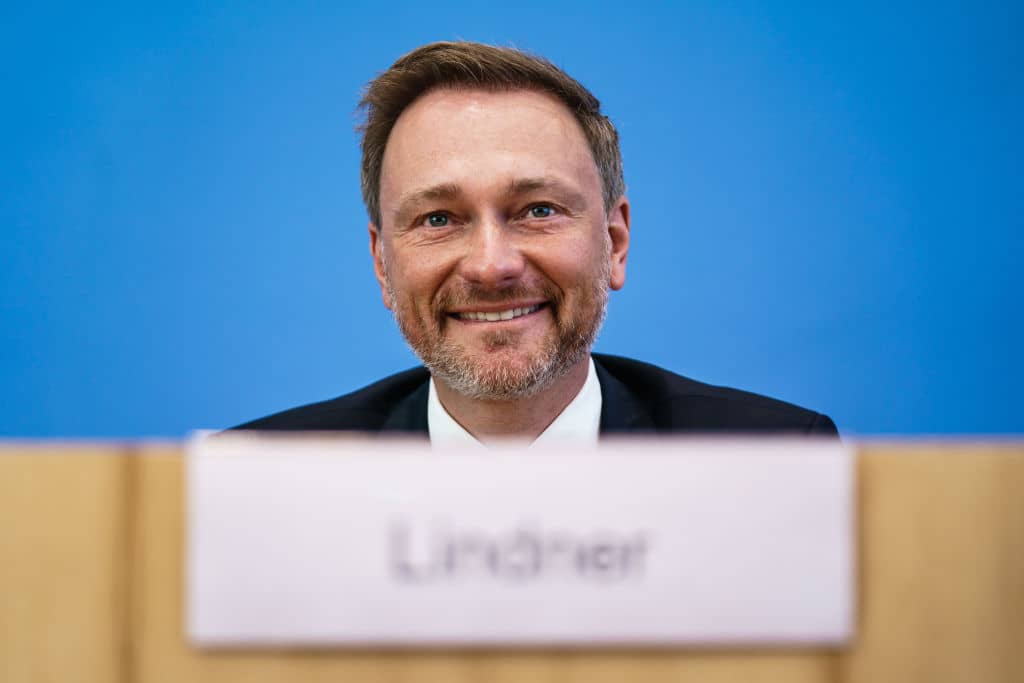One of the most remarkable stories to come out of Germany in the last year has been the rise of the Free Democratic Party (FDP). Having struggled for relevance in 2020, the party has transformed itself into a political force that could decide the makeup of the next government – and maybe even anoint Angela Merkel’s successor as Chancellor.
The FDP’s success follows an almost eight-year long self-reinvention in which the party has sometimes resembled a cult of personality centred around its charismatic chairman, Christian Lindner. It was Lindner who began the party’s revival after a shattering 2013 defeat led to the loss of all its seats in the Bundestag, Germany’s highest parliament, and a phase of intense soul-searching and rebranding. The resurgence began later that year, when Lindner – the good-looking, 34-year-old leader of the regional FDP branch in North-Rhine Westphalia – became party chairman.
Lindner rebuilt the FDP in his own image, infusing it with a new sense of youthful, optimistic confidence and merging his own persona with the public profile of his party.

Britain’s best politics newsletters
You get two free articles each week when you sign up to The Spectator’s emails.
Already a subscriber? Log in






Comments
Join the debate for just £1 a month
Be part of the conversation with other Spectator readers by getting your first three months for £3.
UNLOCK ACCESS Just £1 a monthAlready a subscriber? Log in